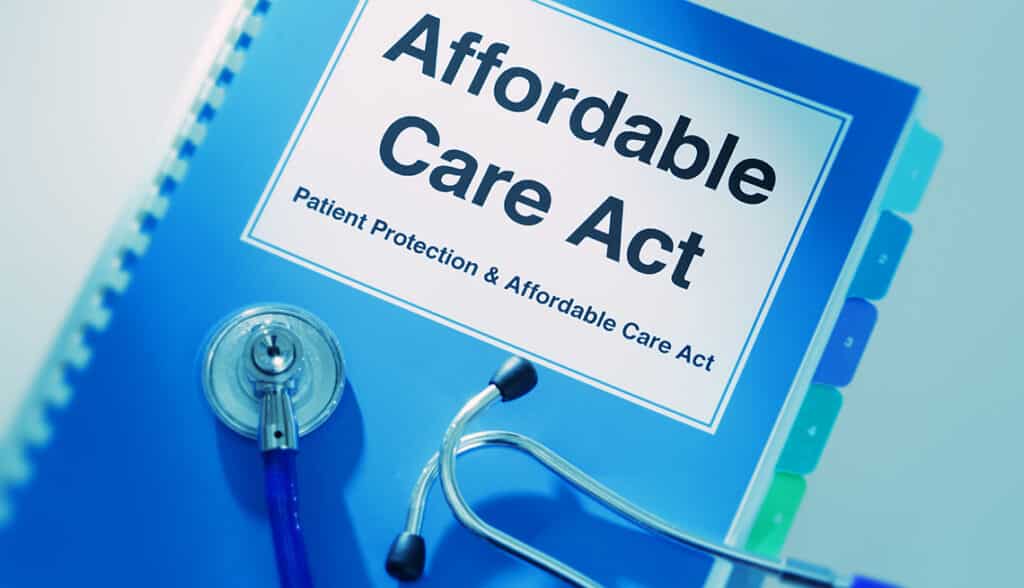Repatriating To The US: A Checklist.
If you are looking to invest as an expat or high-net-worth individual, which is what I specialize in, you can email me (advice@adamfayed.com) or use WhatsApp (+44-7393-450-837).
Table of Contents
Introduction
If you have made up your mind about repatriating to the US after living overseas, we get that you may be feeling anxious. Leaving the nation you’ve called home may make you feel sad, whereas returning home and seeing your family may make you happy.
In any case, you have chosen your course of action, although you might not be sure what it is. The good news is that you’ve already completed this.
Although there will likely be less anxiety upon returning home than there was when you moved overseas, there will still likely be some anxiety. It could seem chaotic during a transformation this significant before becoming orderly all of a sudden.
Here is a checklist for global citizens who are planning on repatriating to the US since you have to start somewhere. Although this list isn’t extensive and every person’s case is different, you can surely use it as a solid starting point and customize it to fit your own circumstances.
A Checklist for Repatriating to the US
1. Make travel plans.
Make your travel plans around 3 months before to your intended departure. Purchase your airline tickets, reserve your hotel accommodations, and arrange how you’ll get from the airport to your first stop. You’ll be happy you took care of this stage early as things become busier leading up to your move date.
With the worldwide pandemic continuing in full swing, arranging travel plans is more difficult than ever — especially for foreign tourists. Throughout your preparations, it’s critical to remain up to date on worldwide travel restrictions, which can change at any time.
You should also check any isolation requirements enforced by your destination since certain places need required isolation upon arrival depending on where you’re coming from.
2. Update and arrange your records.
Check that your passport and any identity documents, as well as any other paperwork you may require for travel, are all current. You should also make sure that any paperwork you took with you are arranged and simple to find since you’ll need them when you reenter the US. These records most likely consist of:
- Birth certificates
- Driver’s licenses
- Social security cards
- Marriage certificates
- Medical/vaccination records
- Tax records
- Insurance cards
3. Build up an emergency travel fund.
Unnecessary worry and anxiety throughout this procedure can be reduced with the use of an emergency travel fund. We’re telling you, moving will be stressful enough. Any delays or challenges you encounter will be a lot simpler to handle if you have a safety net of cash.

4. Make a budget calculation.
You will need to figure out the current exchange rates of your current currency to US dollars. Once you return to the US, it’s likely that your money won’t go as far and that living expenses will be significantly higher, particularly in urban regions. Calculate the conversion rate and projected cost of living so you can set aside money to prevent getting into debt.
5. Prepare for travel with your pet.
Make sure your records are up to date if you’re bringing any furry offspring back with you, and be aware of the kinds of documents your airline and the US government will want when you land. Depending on the kind of animal(s) you’re travelling with, this US Department of Agriculture guide will tell you all you need to know about taking your pet with you.
6. Review the instructions for repatriating to the US with your family members.
You could wish to bring non-citizen family members back with you. You should familiarize yourself with US immigration rules and the family members you can apply for depending on your relationship to them. Visit this page for further details on the family-related immigration regulations of the United States.
7. Provide utility companies with a forwarding address.
Even if you don’t yet know where you’ll be living when you return to the US, provide your utility companies a trustworthy family member or friend’s address so they can send you your last bills.
8. If you have a rental property, provide notice or sell it overseas.
Next on your agenda should be giving notice on your rental property or selling the overseas property you own. Your travel plans may be delayed if you wait too long to list your house, especially if pandemic-related delays are keeping you from leaving.
9. Import your belongings to the US.
There are a few factors to take into account while importing your possessions. Although you’ll also need to abide by customs laws, you might be able to write off your relocation expenditures as a tax deduction. For more information on legally importing your items into the US, this article from the US Customs and Border Protection website can help you.
10. Get a tax adviser for tax advice.
It might be difficult to pay your taxes appropriately after living overseas. You may have early filing deadlines to meet as well as other tax-related “loose ends” to tie up. We recommend seeking tax advice from a registered tax adviser to ensure that everything is in order when you return to the United States.
Additionally, the tax laws might be challenging if you have an offshore pension or employer-sponsored retirement plan. Consult with a professional in international taxes if you want to transfer this fund to a US account.

11. Open a bank account in the United States.
As soon as you arrive in the US, you’ll want to be able to access your money. Be sure it’s operational if you still have a bank account in the US. Open a US account or a foreign account if you haven’t already.
12. Find temporary accommodation to stay in when you get back.
You should find a temporary home you can remain in when you return to the US if you don’t already know where you want to live there. It could be wiser to hold off on viewing houses until you go home because the property market is so competitive right now.
Finding a permanent home to live in right now can be more stressful than it’s worth, despite the pandemic forcing realtors to depend more on online showings than in-person ones. Before committing, you might also wish to visit the neighbourhood and the area in question.
13. Do some research on the area you wish to live in.
Are you heading back to a familiar hometown or are you moving to a new region of the US? Research the typical cost of living in that location and what the neighbourhood has to say about living there, regardless of what you may be thinking.
14. Make sure that your professional credentials will be acknowledged.
Make sure that any credentials you require to keep working are accepted in the US if you hold a professional license. You must accomplish this by getting in touch with the appropriate licensing board in the state where you want to reside and work. The US Department of Education’s International Affairs Office has further information regarding licensing boards.
15. Inquire with local schools regarding your kids school transfer.
Inform the local schools in the region where you will be residing of your children’s return to the US if you have any. Get a list of the necessary documents you’ll need to enroll your kids and ask them how they’ll assist them adjust to returning to a US school.
16. Build or rebuild your credit history.
It might be difficult to start afresh, but establishing your credit history is a crucial step in the repatriation process. It may be necessary to entirely rebuild your credit history depending on how long you’ve been away.
This is significant as prospective lenders consider your credit score when determining whether you qualify to borrow money. You’ll have a difficult time being granted approval for a home loan, a vehicle loan, or even a rental property if lenders can’t determine how trustworthy of a borrower you are.
17. Purchase health insurance that is approved by the ACA.
Upon repatriating to the US, you’ll probably need to get health insurance. You might need to get temporary health insurance if you want to look for a job that gives benefits for health insurance but haven’t yet found employment.
US healthcare regulations and requirements are complicated. HealthCare.gov has further information on legal requirements for health insurance. It is also advised that you speak with a tax expert to ascertain which kind of ACA-approved health insurance is most appropriate for your circumstance.

18. Keep abreast of COVID-19 travel restrictions.
The COVID-19 travel limitations are subject to change at any moment. You can sign up for the Smart Traveler Enrollment Program as an expat so that the US Embassy can get in touch with you regarding safety updates, crises, and directions for flying back home if required.
19. Make sure you have enough medicine to last you through.
Working with your doctor abroad to create plans for your medications to last long enough to tide you over is advised since it could be challenging to find time to see a healthcare facility right away after your return to the US.
20. Get a job.
While some individuals return to the US for their careers, if you’re doing it for family, homesickness, or any other reason, you’ll need to start looking for work. You may let your network know you’re looking for employment using websites like LinkedIn, Indeed, or industry-specific job search engines. You can even set up job alerts to get openings straight to your email.
21. Make arrangements to buy a car.
If you won’t be residing in Chicago or New York City, you’ll likely need to buy a car. For the time being, consider renting a car from the airport where you’ll be landing and using it to go about until you have time to buy a car. Consider this while making your savings strategy because it could be difficult to secure auto financing without a strong credit history.
22. Plan fun activities with family and friends.
Some of your pals might not be aware of your return, even though your family may be! So that you have something to look forward to when you return back amid the stress of relocating, be sure to let them know and make enjoyable arrangements, even if it’s only a virtual happy hour for the time being.
23. Making a strategy for handling change and taking it slow will help.
As taxing as typical cultural shock may be is reverse culture shock when repatriating to the US. Give this shift plenty of thought, space, and patience. This will also pass, as with everything else.
Pained by financial indecision? Want to invest with Adam?

Adam is an internationally recognised author on financial matters, with over 760.2 million answer views on Quora.com, a widely sold book on Amazon, and a contributor on Forbes.



